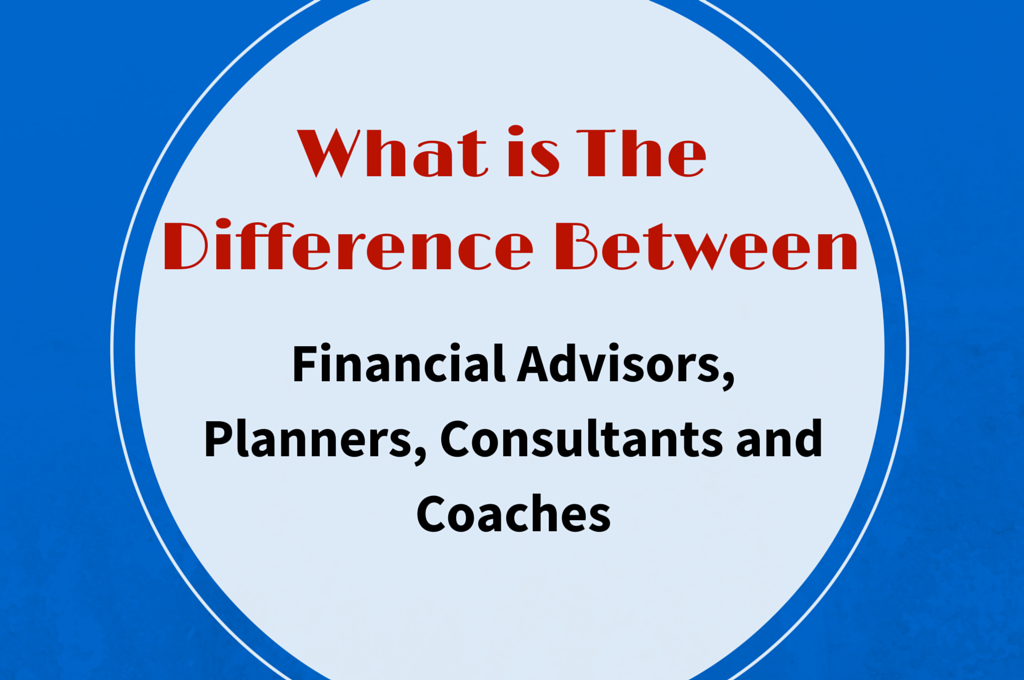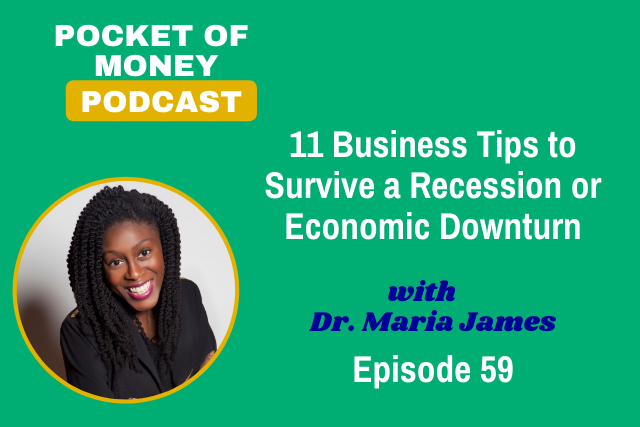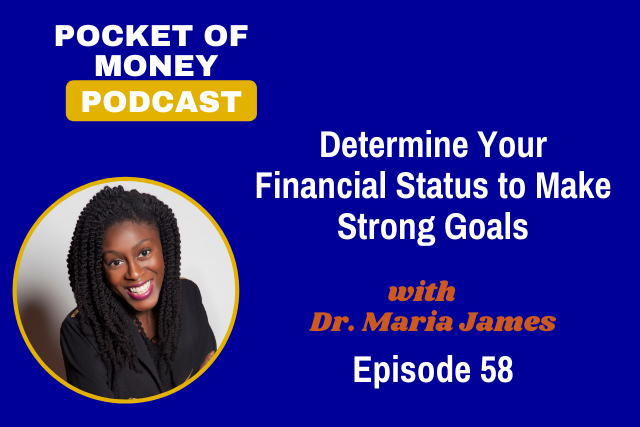What is the Difference Between Financial Advisors, Planners, Consultants and Coaches
You’re on a journey to make progress with your money and build wealth. As you’re working on increasing your net worth and investing for retirement you’ll get to a point where you need a financial expert to assist you. We all do, we can’t know everything. So how do you figure out who you need?
A financial advisor, planner, consultant, or coach? Many people think that they know what a financial advisor does and as soon as someone mentions they work in finance they lump them as a financial advisor and assume they know what that person does. Well if this is you and you’re trying to pick a financial expert … you’re doing it wrong. First, let’s start by determining who you really need.
Well here is an important thing to consider. Any coach or mentor you use will not be a one-stop shop. Just think let’s say you like sports. If you’re interested in basketball you’ll need a basketball coach or mentor. If it’s soccer you are interested in then you need a soccer coach or mentor. I won’t belabor the point. You get the idea. The same is true for your financial coach, consultant, or advisor. They have a special skill set, an area of expertise. There is a certain time in your journey where they will best benefit you.
The Financial Experts:
1) A financial advisor is generally used when you need to discuss investment strategy. They are certified to sell investment products and securities (stocks and bonds). The advisor will discuss your financial goals and plans with you and make sure your investments portfolio appropriately reflects them. A financial advisor is often confused with a financial planner. Yes, there’s a slight difference.
2) A financial planner can assist you with many different financial goals or matters (there are seven key areas in which they’re trained), but they can have a specific area of expertise they focus on such as taxes or estate planning. A financial planner is certified meaning he or she has taken a core curriculum, passed a standard exam, and met experience requirements. The most common certification is a CFP (certified financial planner).
3) A financial coach and consultant are usually a little different. These terms are used interchangeably, but there is a slight difference. A financial coach will help with the financial planning, but will also heavily address mindset, motivation, fear, and other emotions and psychological beliefs that may be holding you back.
4) A financial consultant heavily focuses on accountability, designing action plans, the financial strategy, and helping you design and run your financial system. Often you can find a coach that also behaves a lot like a consultant and vice versa.
Take control of your money. Don't let your money control you. Get the management tools.FREE Money Management Toolkit

To Determine Who You Need:
1) Write down your financial goals. Where would you like to be with your money situation? For example, would you like to pay off all your credit cards? Or pay off your mortgage. Complete an emergency fund. Be able to take a vacation once a year or once a quarter. If you’re having trouble figuring out what they should be then you likely need a financial consultant or coach.
2) Write out your money strategy, how will you achieve those goals. Design a specific strategy that explicitly shows how you will achieve your financial goals. If you’re having trouble here then you likely need a financial consultant or coach.
3) Determine your golden number for retirement and your status on reaching that number. If you’re not sure about the status of your retirement investments and what the next steps here should be, you likely want to speak with a financial advisor or financial planner.
4) Analyze your investment portfolio and determine if it is appropriate for your goals, age, and circumstances. Is it properly diversified? How does your asset allocation stack up? You’ll want to speak with a financial advisor here.
If you still have a ways to go in your financial journey and aren’t ready to expand an investment portfolio then you need to talk to a financial consultant or coach. They can help you find the money to invest as well as making sure you meet certain financial fitness milestones that you have to have in place before investing.







Great advice.
That’s a good tip to write down your financial goals. You won’t know who to hire if you don’t know what you need. That sounds like a tip businesses take to heart for most decisions.
Thanks for the super informative read. A good friend of mine has been struggling to manage his finances and has been considering working with a financial advisor. You wrote that a financial advisor is really helpful in helping you determine what your financial goals are, and helping you know how to achieve them. This is exactly the kind of guidance my friend needs, I’ll have to recommend he look online for a good professional.
I had no idea that there was a different between a financial planner and a financial advisor. It is interesting how by contacting a financial planner you can make specific goal and prepare yourself to speak with a financial advisor to create a strategy for your investment process. It seems like a good idea to create financial goals at an early age so that you can have the option to retire early if you’d like.
Many people are asking information about financial advisor. I think its a great idea to share this to them. Btw, if you have time, you can check us out at http://www.retailsolutionsadvisors.com.
Very nice article….You shared important difference between financial advisors, planners, consultants and coaches. It will be helpful for everybody who want to know about this. Thanks for sharing with us.